UN human right expert demands lifting of Saudi-led sanctions against Qatar
A United Nations human rights expert has called on authorities in Saudi Arabia and a number of regional countries to end the economic and diplomatic blockade that they imposed on Qatar in June 2017, saying the restrictions have harmed civilian lives in the gas-rich kingdom.
Alena Douhan, UN Special Rapporteur on the negative impact of unilateral coercive measures on the enjoyment of human rights, said in a report on Thursday that the adverse effects of the sanctions had harmed the Qatari population’s ability to enjoy several fundamental rights and freedoms connected to family life, education, work, health, private property, religion, expression, and justice access.
“During my [two-week] visit, I met a large number of victims of human rights violations caused by the sanctions, including couples in mixed marriages and their children, migrant workers who lost their jobs and benefits, Qatari nationals with jobs or businesses in the four countries that imposed the sanctions, and many others,” the UN expert said.
She said that she also met government officials, diplomats, lawyers and journalists besides representative of international agencies as well as non-governmental humanitarian and social organizations during her visit to Qatar.
Douhan underlined that unilateral punitive measures are only legal if the UN Security Council enforces them and if they do not violate fundamental human rights.
“Measures directly affecting fundamental human rights shall not be used as the means of influencing the government,” she said.
She then called on the boycotting Arab countries to resume cooperation and to settle their political disputes with Qatar through the rule of law.
Saudi Arabia, the United Arab Emirates, Bahrain and Egypt severed diplomatic and trade ties with Qatar on June 5, 2017, after the quartet officially accused Doha of meddling in regional affairs and supporting terrorism.
Qatar's Foreign Ministry condemned the decision as unjustified and based on false claims and assumptions.
The four Arab countries also imposed an air, land and sea blockade on Qatar.
On June 9, 2017, Saudi Arabia and its allies issued a 13-point list of demands, including the closure of al-Jazeera television news network and downgrade of relations with Iran, in return for the reconciliation.
The document also asked Qatar to cut all ties with the Muslim Brotherhood and the Lebanese resistance movement Hezbollah. Qatar rebuffed the demands as "unreasonable."
The call for immediate lifting of sanctions against Qatar comes as little progress has been made regarding a possible resolution to the rift between Doha and the four blockading countries.
Amid no signs of reconciliation in sight, Saudi Arabia, the UAE and Bahrain have been gravitating towards the Israeli regime.
Israeli Prime Minister Benjamin Netanyahu signed US-brokered normalization agreements with Emirati Foreign Minister Sheikh Abdullah bin Zayed Al Nahyan and Bahrain's Foreign Minister Abdullatif Al Zayani during an official ceremony hosted by US President Donald Trump at the White House on September 15.
Palestinians, who seek an independent state in the occupied West Bank and Gaza with East Jerusalem al-Quds as its capital, view the deals as betrayal of their cause.
Meanwhile, Palestinian rights advocates have condemned a recent visit by a group of Israeli settlers to the UAE, voicing concerns that Abu Dhabi's normalization deal with the Tel Aviv regime strengthens the occupation and dispossession of Palestinian land.
Khalil Jahshan, executive director of the Arab Center Washington DC, said the visit proved that the recent deals between Israel and Arab countries were meant to normalize Israeli “excesses.”
“There's no better word to describe it other than the Yiddish word 'chutzpah',” which can be translated as shameless audacity, Jahshan said.
“Now you have Arab partners to Israel seeking to legitimize that illegal aspect of Israeli policy,” he added, noting that settlements are the “antithesis of peace.”
Earlier this week, a group of Israeli settlers, led by outspoken annexation advocate Yossi Dagan, concluded a visit to the UAE. Dagan said in a Facebook post that settlement representatives held a “marathon” of business meetings in Dubai.
Zeina Ashrawi Hutchison, a Palestinian-American activist, also said the settlers' visit and the prospect of direct trade between the UAE and the settlements make Abu Dhabi “complicit” in Israeli abuses against Palestinians.
“The UAE normalizing with Israel at the expense of Palestinian rights, backstabbing the Palestinian cause and selling Palestinian freedom for a shred of a share in the military-industrial complex are all hugely problematic for so many reasons,” Ashrawi Hutchison commented, referring to the Persian Gulf state’s efforts to procure F-35 stealth fighter jets from the US.
“But to also specifically have talks with, invest in and legitimize Zionist colonial settlements make the UAE government spineless and complicit in Israeli war crimes against the Palestinian people,” she added.
More than 600,000 Israelis live in over 230 settlements built since the 1967 Israeli occupation of the Palestinian territories of the West Bank and East Jerusalem al-Quds.
Since Trump took office in December 2016, Israel has stepped up its settlement construction activities in defiance of United Nations Security Council Resolution 2334, which pronounced settlements in the West Bank and East Jerusalem al-Quds “a flagrant violation under international law.”
All Israeli settlements are illegal under international law as they are built on occupied land.
IRGC, Army launch fresh waves of missile strikes against Israeli, US targets
Red Crescent Society: 555 people killed across Iran in US-Israeli onslaughts
Operational concerns delayed US-Israeli aggression against Iran for a week: Report
Iran slams Israeli attacks on Lebanon, warn UNSC’s inaction to embolden regime
Iran says has ‘no choice’ but to fight back, holds no enmity toward American people
Bahraini police assaults crowds mourning loss of Ayatollah Khamenei
Iran posed no imminent threat to US: Pentagon tells Congress
Iran will hold no negotiations with US: Larijani


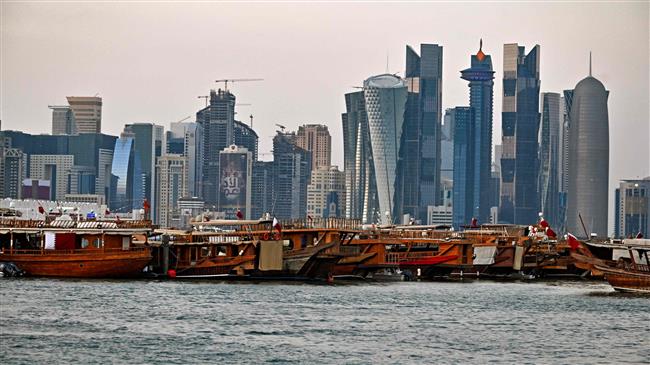




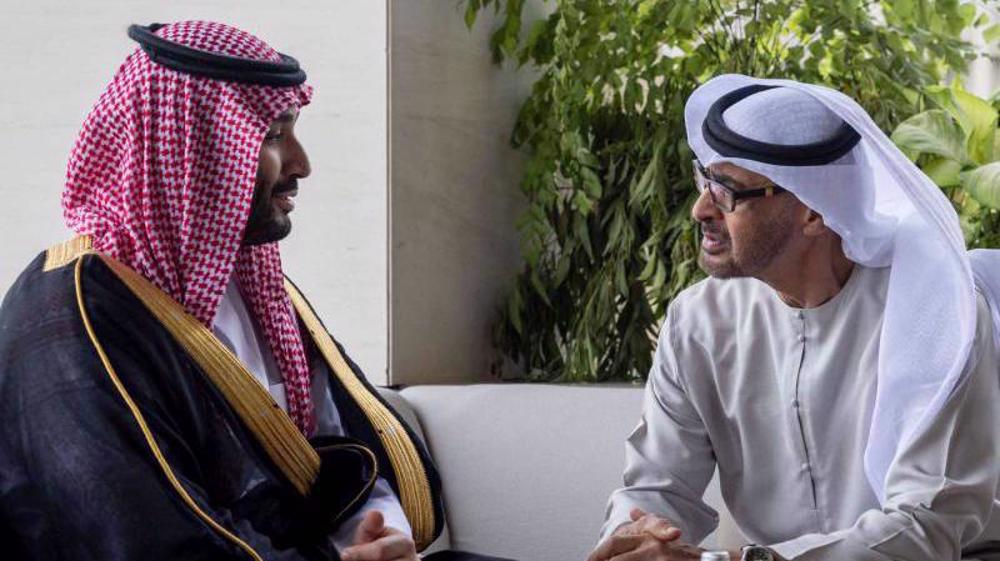
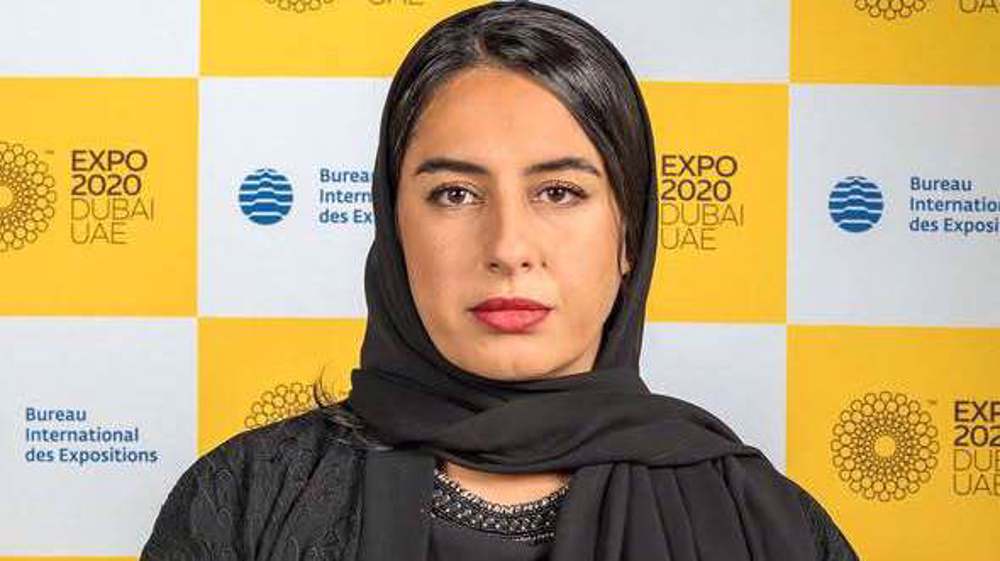
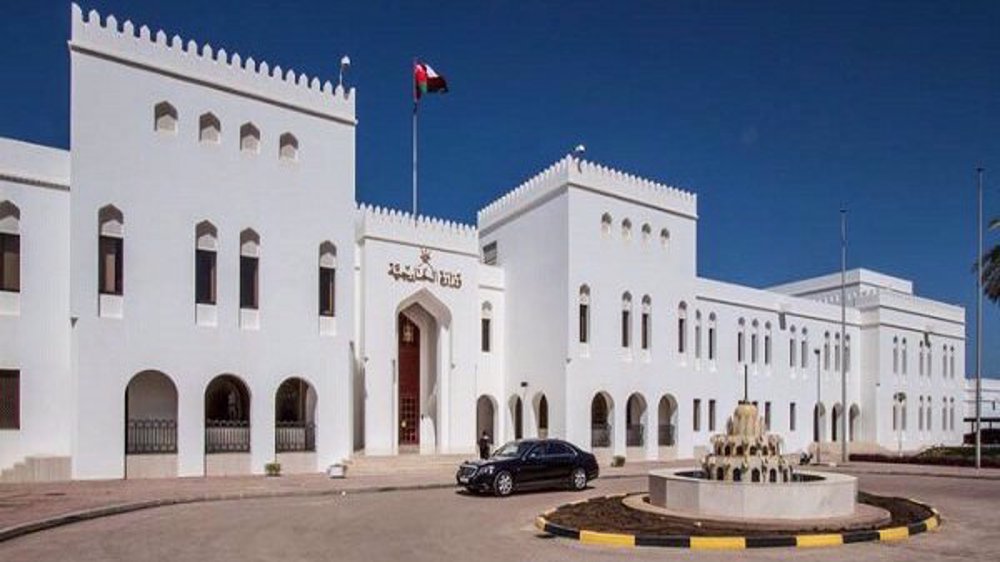



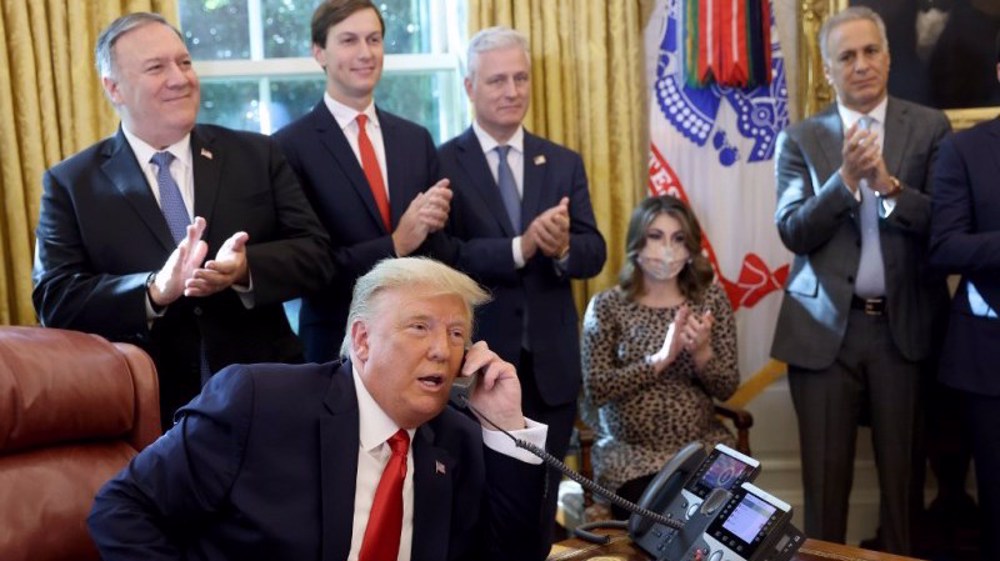

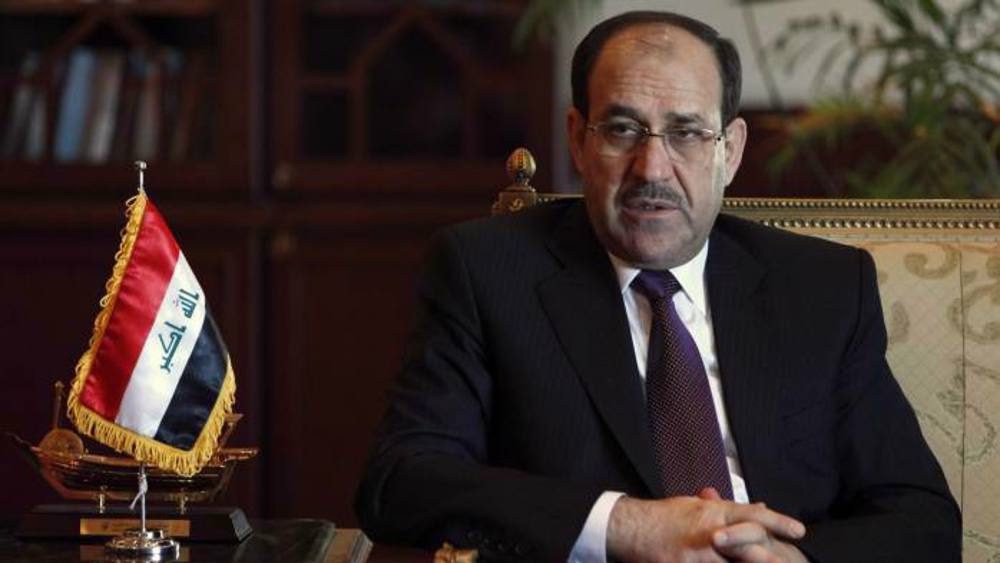
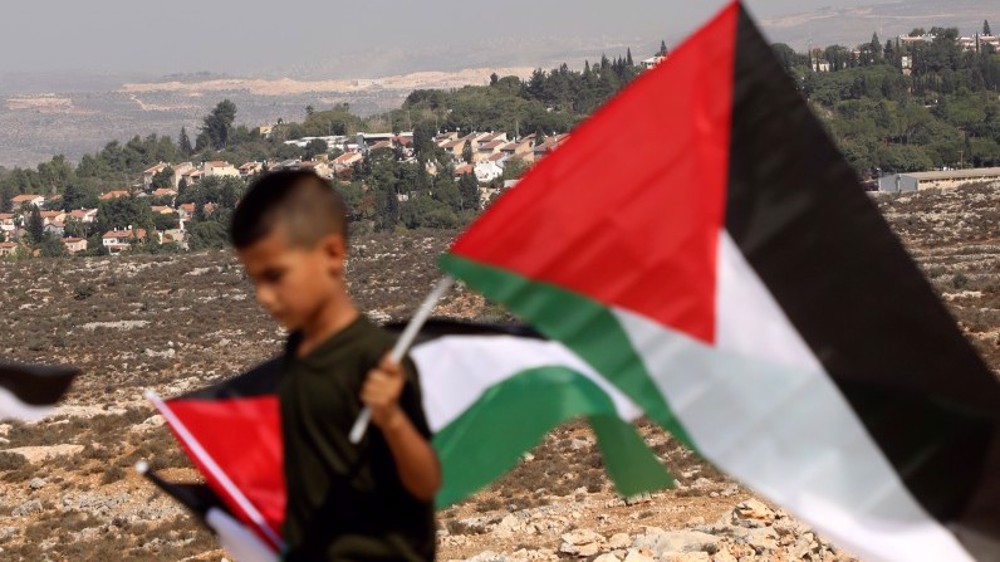


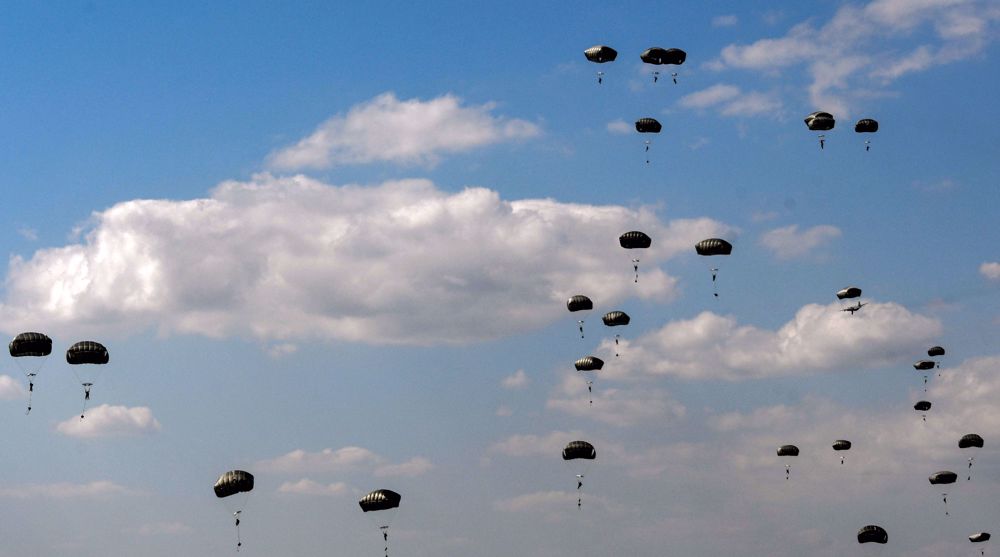


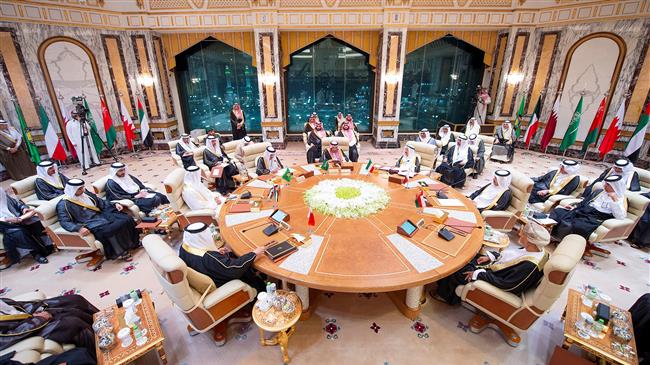

 This makes it easy to access the Press TV website
This makes it easy to access the Press TV website